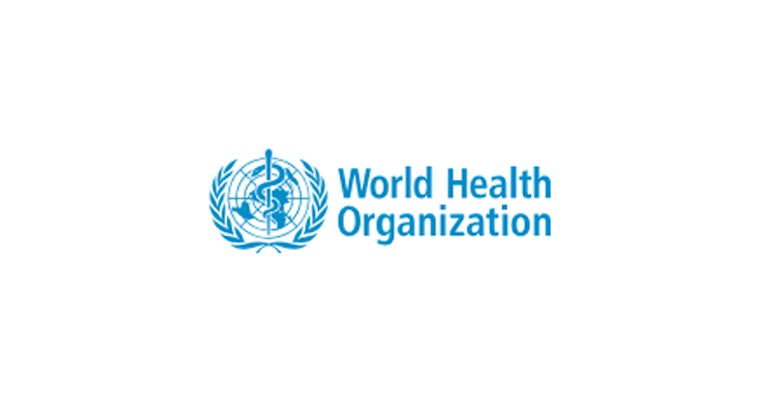Travellers With Pre-existing Medical Conditions and Special Needs
Health risks associated with travel are greater for certain groups of travellers, including infants and young children, pregnant women, the elderly, the disabled, the immunocompromised and those who have pre-existing health problems. Such travellers are strongly recommended to seek specialist travel health advice(ee also Chapter 9).
Age
Air travel may cause discomfort to infants as a result of changes in cabin air pressure and is contraindicated for infants less than 48 h old. Infants and young children are particularly sensitive to sudden changes in altitude and to ultraviolet radiation (see Chapter 3). They have special needs with regard to vaccinations and antimalarial precautions (Chapters 6 and 7). They become dehydrated more easily than adults in the event of inadequate fluid intake or loss of fluid as a result of diarrhoea or vomiting Advanced age is not necessarily a contraindication for travel if the general health status is good. Elderly people should seek medical advice before planning long-distance travel.
Pregnancy
Travel is not generally contraindicated during pregnancy until close to the expected date of delivery, provided that the pregnancy is uncomplicated and the woman’s health is good. It is safest for pregnant women to travel during the second trimester. Airlines impose some travel restrictions in late pregnancy and in the neonatal period (Chapter 2) and it is advisable for travellers to check any restrictions directly with the relevant airline.
There are some restrictions on vaccination during pregnancy: specific information is provided in Chapter 6.
Pregnant women risk serious complications if they contract malaria or viral hepatitis E. Travel to areas endemic for these diseases should be avoided during pregnancy if at all possible. Specific recommendations for the use of antimalarial drugs during pregnancy are given in Chapter 7. Thromboembolic complications are more frequent during pregnancy.
Medication of any type during pregnancy should be taken only in accordance with medical advice.
Travel to sleeping altitudes over 3000 m (Chapter 3) or to remote areas is not advisable during pregnancy.
Disability
Physical disability is not usually a contraindication for travel if the general health status of the traveller is good. Airlines have regulations concerning travel for disabled passengers who need to be accompanied (Chapter 2). Information should be obtained from the relevant airline well in advance of the intended travel.
Pre-existing illness
People suffering from underlying chronic illnesses should seek medical advice before planning a journey. Conditions that increase health risks during travel include:
- cardiovascular disorders
- chronic hepatitis
- chronic inflammatory bowel disease
- chronic renal disease requiring dialysis
- chronic respiratory diseases
- diabetes mellitus
- epilepsy
- immunosuppression due to medication or to HIV infection
- previous thromboembolic disease
- severe anaemia
- severe mental disorders
- any chronic condition requiring frequent medical intervention
- transplantation
- oncological conditions
- chronic haematological conditions.
Travellers with a chronic illness should carry all necessary medication and medical items for the entire duration of the journey. All medications, especially prescription medications, should be packed in carry-on luggage, in their original containers with clear labels. A duplicate supply carried in the checked luggage is a safety precaution against loss or theft. With heightened airline security, sharp objects and liquids in quantities of more than 100 ml will have to remain in checked luggage.
Travellers should carry the name and contact details of their physician on their person with other travel documents, together with information about the medical condition and treatment, and details of medication (generic drug names included) and prescribed doses. This information should also be stored electronically for remote retrieval, e.g. on a secure database. A physician’s attestation should also be carried, certifying the necessity for any drugs or other medical items (e.g. syringes) carried by the traveller that may be questioned by customs officials and/ or security personnel.
Source:
Share this on Social media
HEALTH DISCLAIMER
This blog provides general information and discussions about health and related subjects. The information and other content provided in this blog, or in any linked materials, are not intended and should not be construed as medical advice, nor is the information a substitute for professional medical expertise or treatment.
The content is for information purpose only and is not a medical advice. Qualified doctors have gathered information from reputable sources; however Credence Medicure Corporation is not responsible for errors or omissions in reporting or explanations. No individual should use the information, resources and tools contained herein to self diagnose or self treat any medical condition.
If you or any other person has a medical concern, you should consult with your health care provider or seek other professional medical treatment. Never disregard professional medical advice or delay in seeking it because of something that have read on this blog or in any linked materials. If you think you may have a medical emergency, call your doctor or emergency services immediately.
The opinions and views expressed on this blog and website have no relation to those of any academic, hospital, health practice or other institution.
Credence Medicure Corporation gives no assurance or warranty regarding the accuracy, timeliness or applicability of the content.
comments powered by Disqus

